Director
Scriptwriters
Producer
DOP
Production Designer
Editors
Sound design
Composer
CAST

An old couple – Jonas and Eleonore invite a real estate agent to sell their flat. It’s a typical Vilnius “komunalka” – a small soviet flat created in the 50’s by dividing a big apartment into several small ones. Eleonore hardly speaks, while Jonas keeps reminiscing on beautiful memories in the the flat. He reveals that they met here. Eleonore clings to that memory, and we delve into it too.
Back in 1947, the room was much bigger – before the dividing wall was built. We see a young Eleonore looking around the apartment, seemingly doing the value assessment. A young Polish man enters the room. In the present time Jonas nostalgically remembers young Eleanore and love at first sight. It feels as if we were watching a flashback of their love story.
Suddenly two NKVD officers enter the apartment to arrest the young Pole. In the scuffle, the Pole pushes her, trying to escape, but is quickly caught by the officers. Eleanore’s eyes meet the Polish man’s gaze, full of fear and pain. One of the NKVD officers reaches out his hand to help her stand up. Eleonore’s and Jonas’ eyes meet for the first time.
Back in the present, Eleonore remains fixated on the grotesque memory of their first encounter and on the choices she made back then.

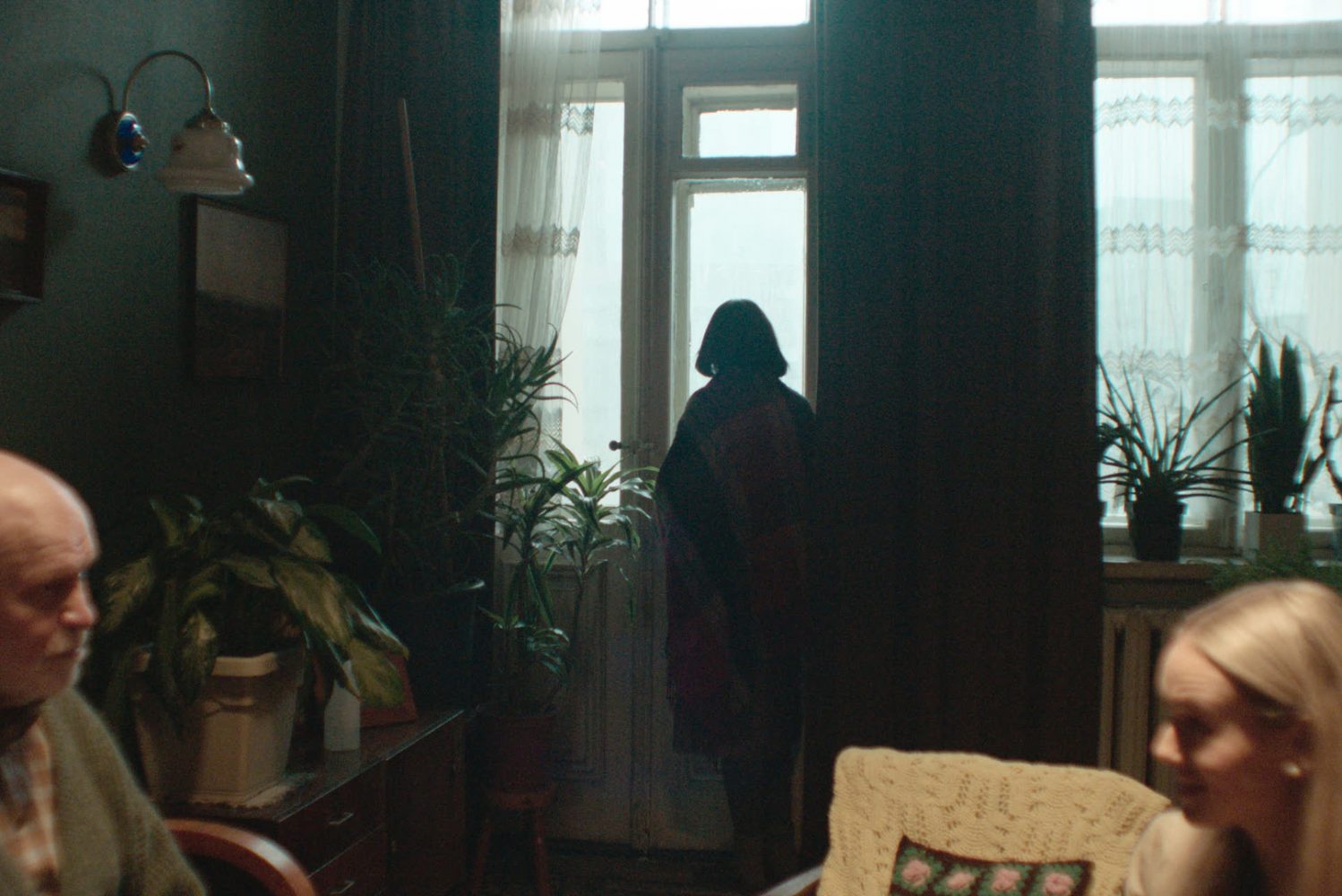
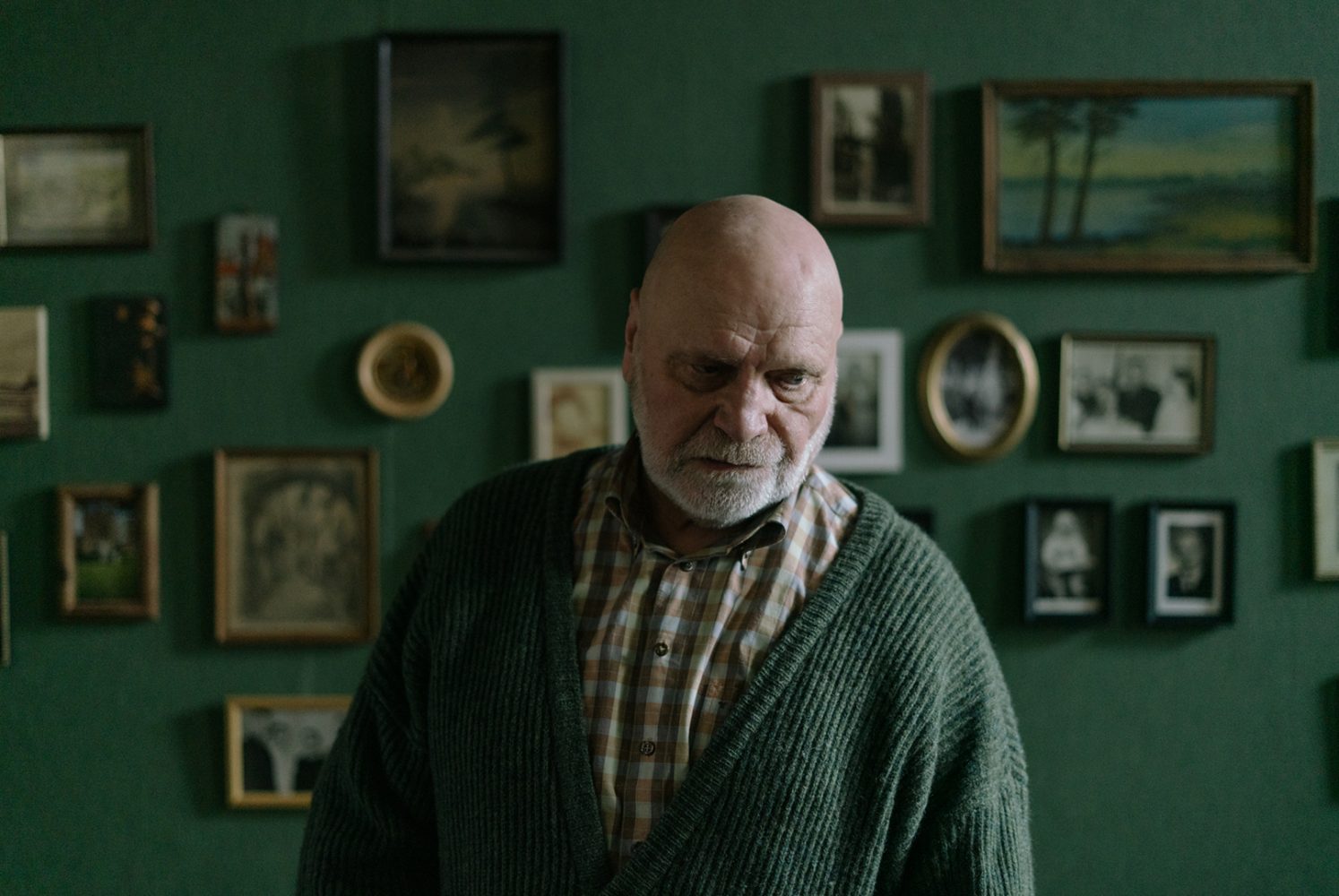

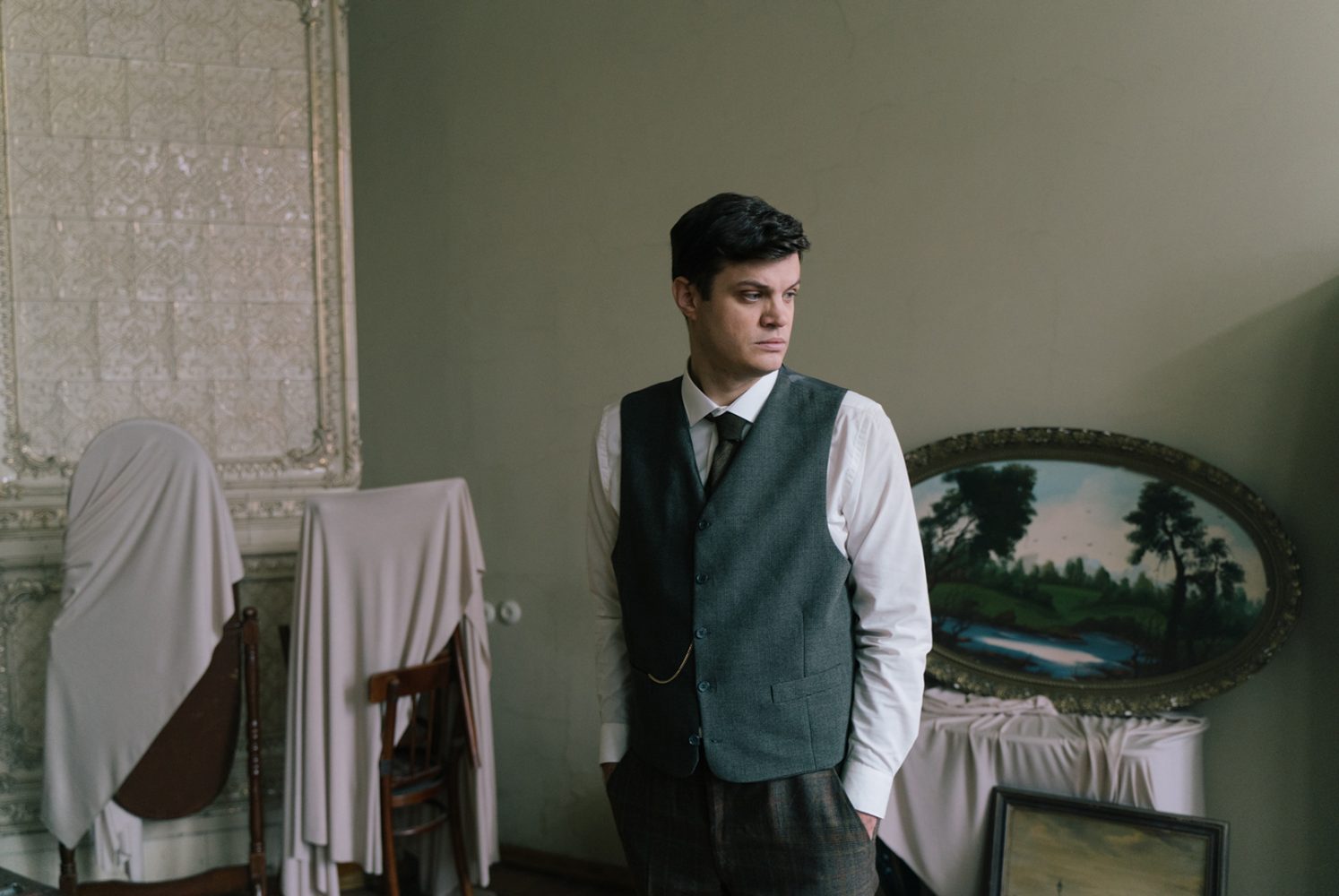
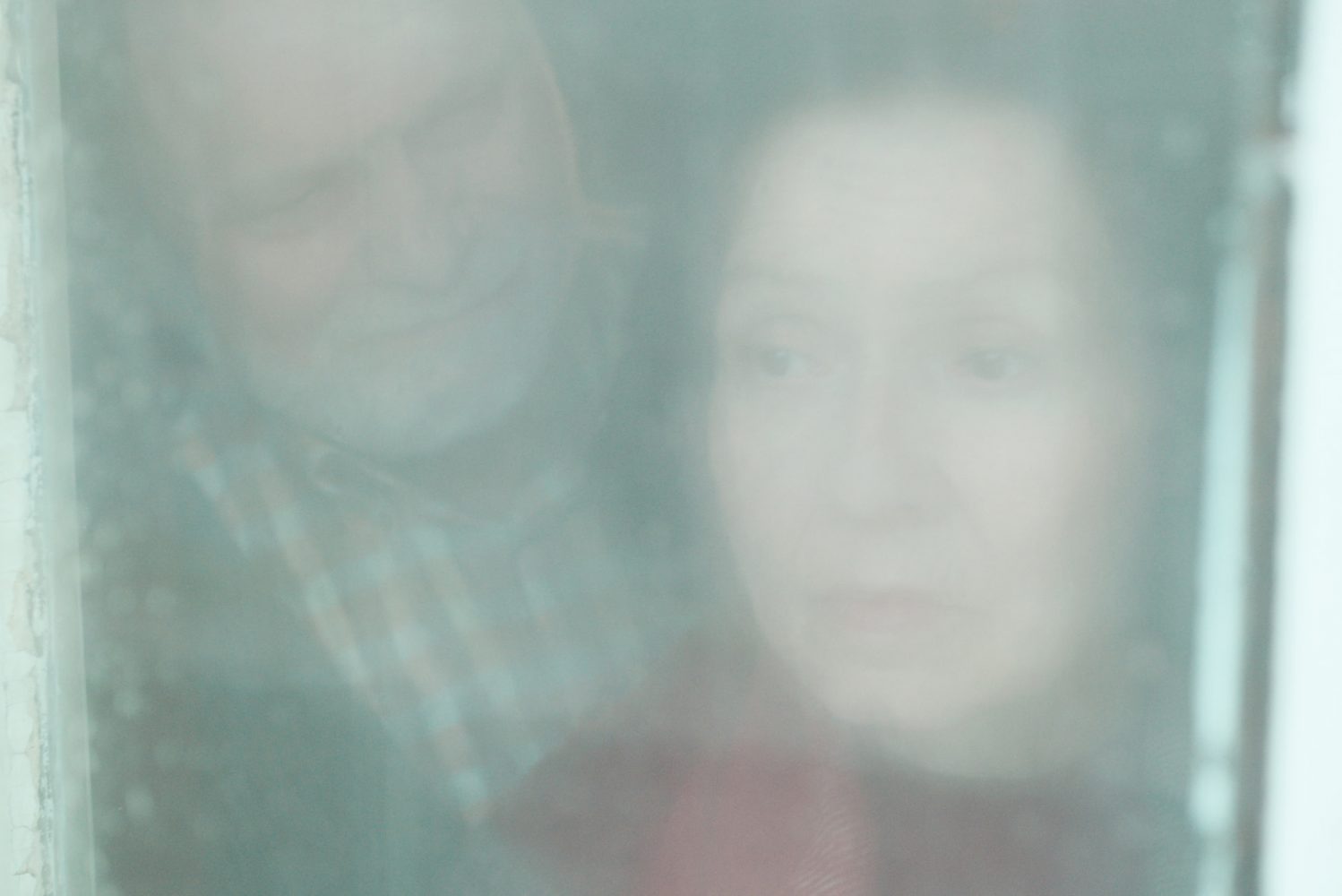
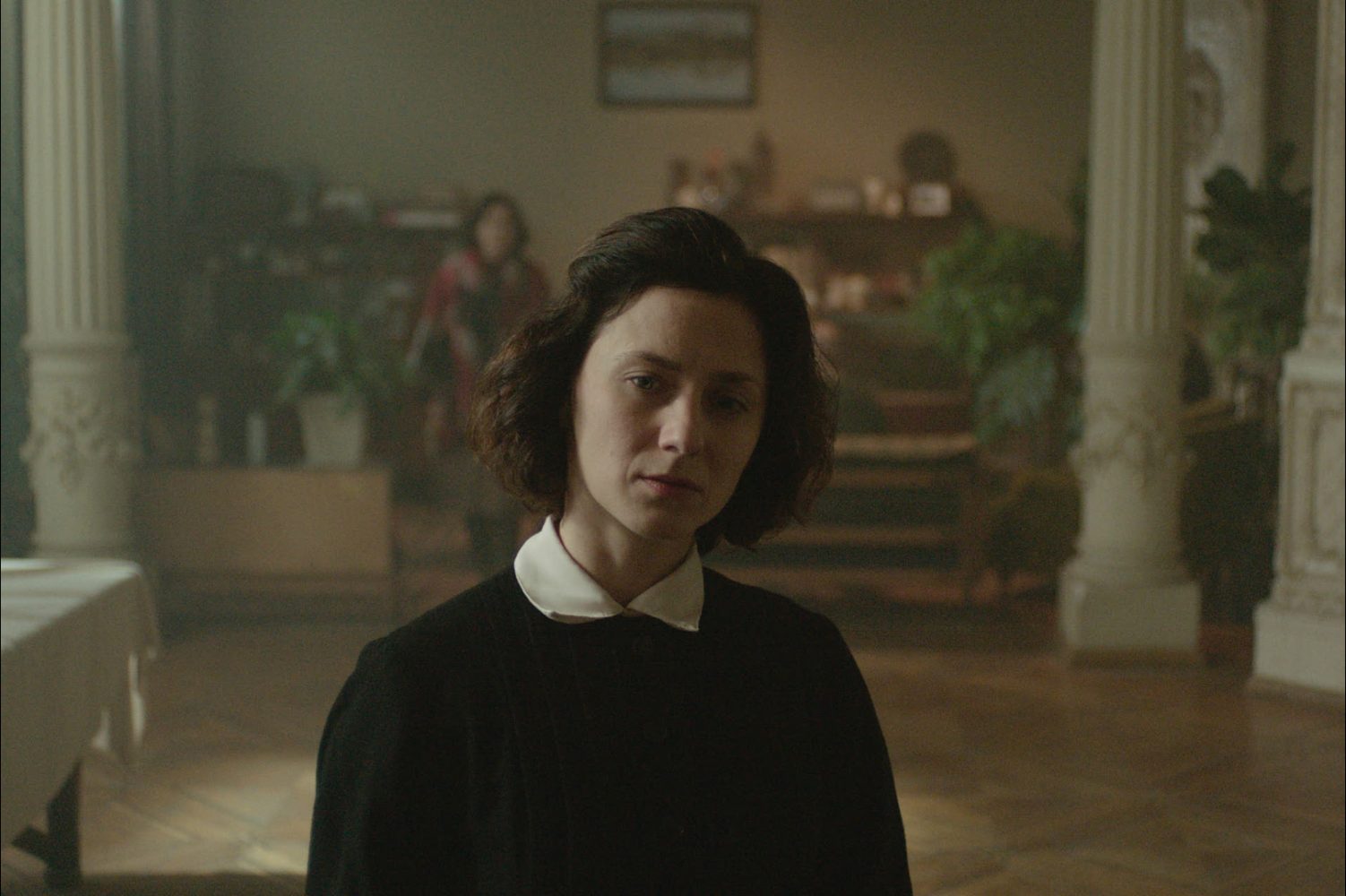


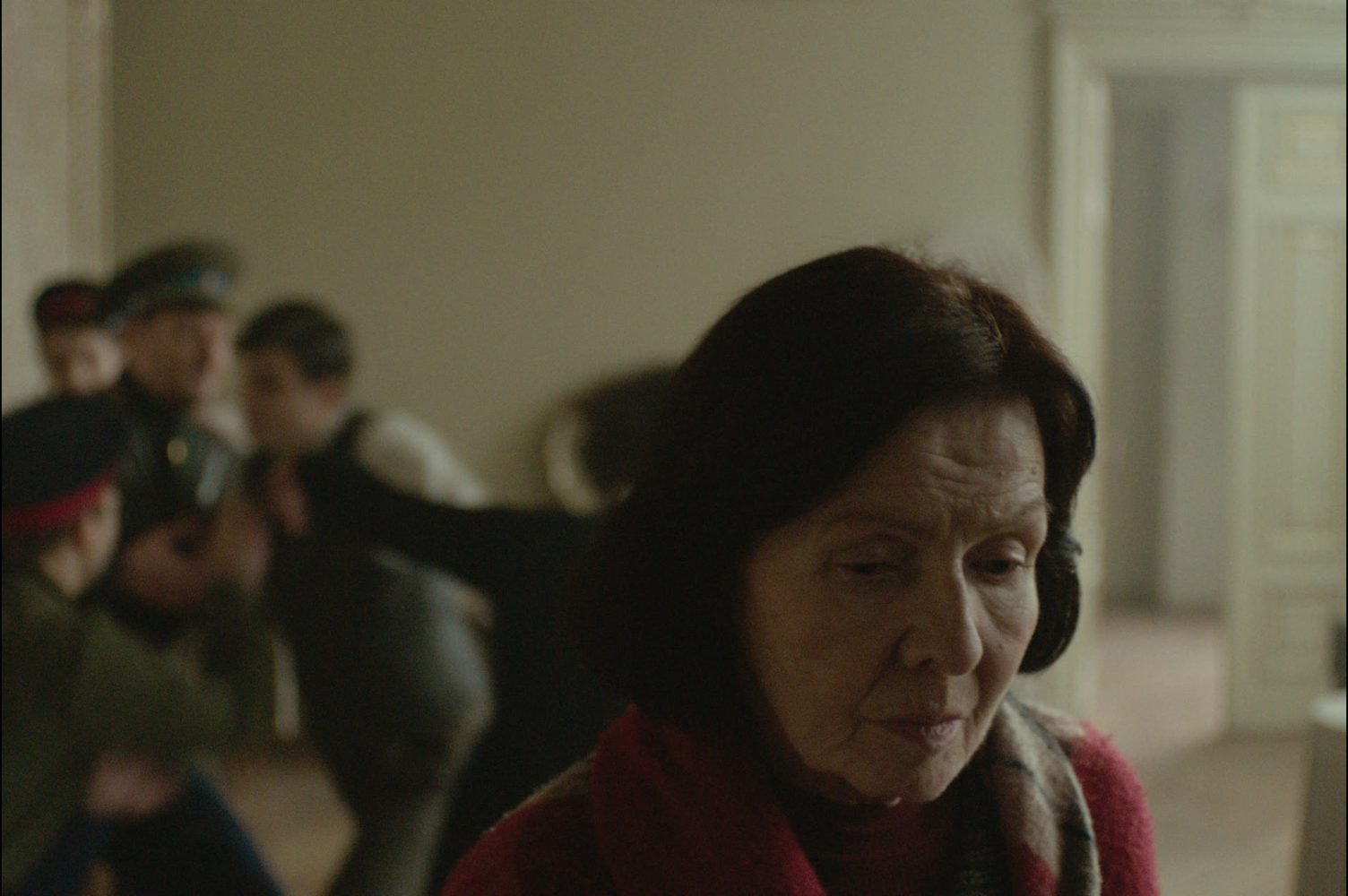
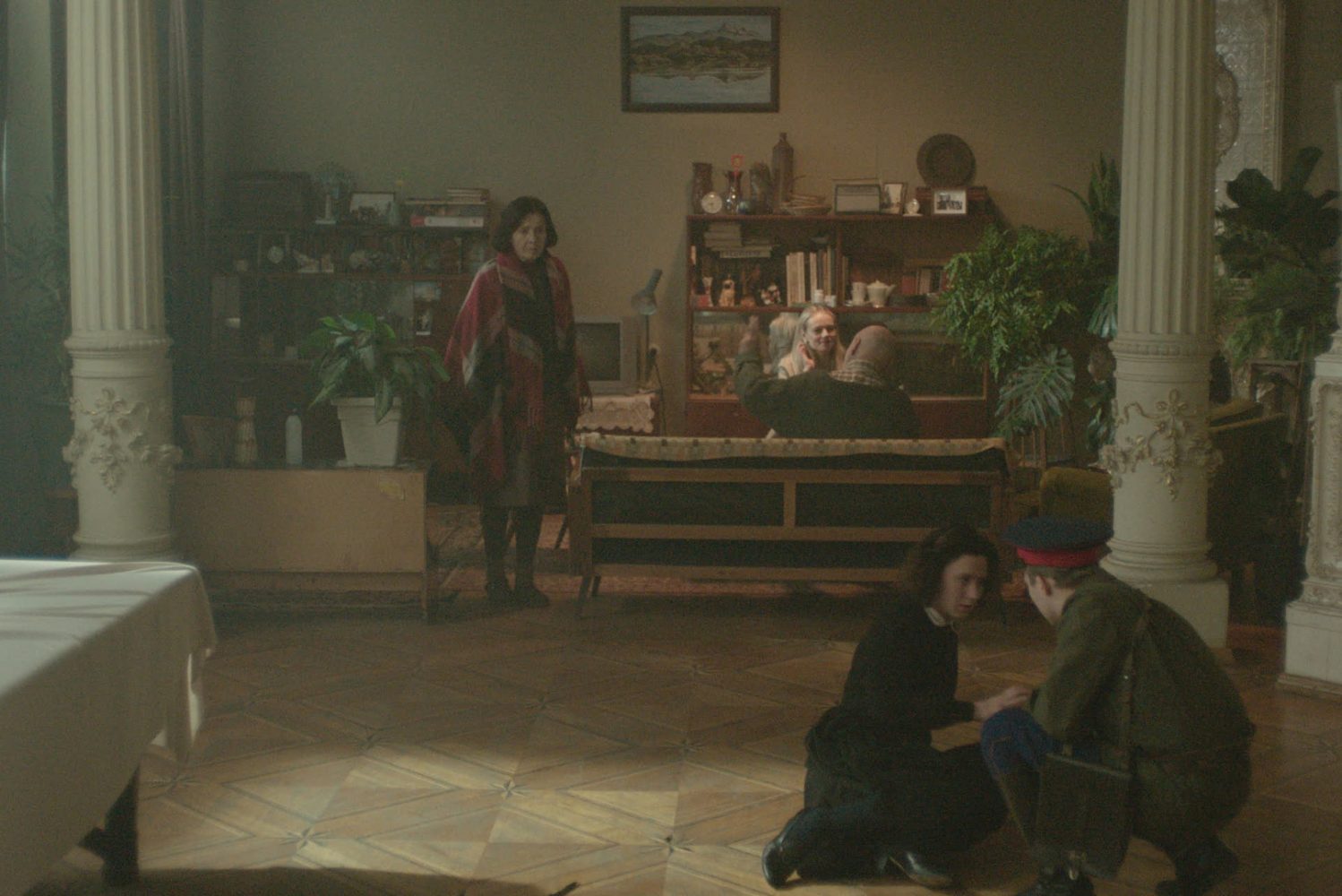

Director
Scriptwriters
Producer
DOP
Production Designer
Editors
Sound design
Composer
CAST
Duration:
Completion Date:
Production Budget:
Production country:
Language:
Shooting Format:
Aspect Ratio:
Film Color:
14 min
01/07/2023
60 580 €
Lithuania
Lithuanian
4K
5:3
Color
* first edit without sound design, original music and colour grading

Audiovisual artist, balancing music and sonic art with the visual expression in narrative and non-narrative short films, photography and audiovisual installations.
Beginning at the National School of Arts in Lithuania in Vilnius as a classical conductor, Kristijonas chose to move to filmmaking and enrolled to the Film and Music degree at Brunel University London. In 2014 he moved to Paris, where he worked as a director and editor along his masters Film Directing in Université Paris 8 (personal tutor Frederic Sabouraud).
Music plays a major role in his storytelling. It is particularly present in his collaborations with a Lithuanian composer Dominykas Digimas. Psychogeographic approach to street videography, exploring the city as a character was the basis of imagery for “From Another Point of View” or “This Order Goes Wrong”. Their recent work “Why Does This Appear” explores the question of the subjectivity in memories, as well as the docu-fiction storytelling in a silent music film form.
Kristijonas is now based in Vilnius and takes part in film and visual arts projects as a director and video editor.
The theme of interpreting the past resonates incredibly well in today’s context when versions of history go through manipulation due to geopolitical tensions. In “Komunalka,” the endless verbal flow of nostalgic sentiments about personal life masks the fact of brutal confrontation. From a warm scene in the present, we split into two contrasting versions of the past, emphasizing the subjectivity of memory. Jonas’ cozy and warm narration sets a nostalgic tone, contrasting with the memory that comes to life in Eleonore’s head. At one point, we see a brutal fight scene and hear a romantic love story told by Jonas. The character, which seemed warm and radiant with love at the film’s beginning, becomes repulsive and frightening as the viewer gradually gets to a fuller picture of the past.
We presented the first version of the script at the Baltic Pitching Forum in 2021 (where it won the Producers’ Jury Special Mention Award), rewritten with the help of screenwriter Anna Bielak, emphasizing the themes of guilt and the silence about the past. Further on, with Vykintas Labanauskas, we included a critical moment in the history of Vilnius: the Expulsion of Poles. Although many works of art refer to the post-war context of Lithuania, this topic is relatively undiscovered.
The film’s action takes place in one location but at two different times (1947 and 2010). When the era changes, actors who embody the characters, the direction of the light, and the props change too. However, the arrangement of the characters in space (blocking) remains unchanged, emphasizing the unity of space between different times (DOP Vytautas Katkus). The reality of the present (diegetic music, natural lighting, realistic sound) gets replaced by an image of the past emerging from memory. The transformation of the space helps to achieve this effect. One of the room’s walls disappears, opening a more spacious apartment than we saw in the present. The wall acquires a symbolic meaning as a visual divider between past and present, a relic of the Soviet-era reforms. It was common to divide bigger rooms into several spaces to inhabit more families. The soundscape of post-war Vilnius replaces the noise of the modern city (sound director Dominyka Adomaitytė), from which the soundtrack (composer Dominykas Digimas) begins to weave, painting a darker picture of the apartment’s history. We hear Jonas’ sweet love story from the present, and we see a brutal conflict in Eleonore’s memory. Two versions of the past reach us simultaneously, separating two primary means of cinematographic expression – sound and image.

Established in 2016, Broom FIlms is a growing production company based in Lithuania. Producing and co-producing feature films as well as documentaries and animations, the company works with a wide range of emerging talents and is constantly seeking captivating stories to tell.
Justė Michailinaitė
+370 675 78746
juste@broomfilms.lt
